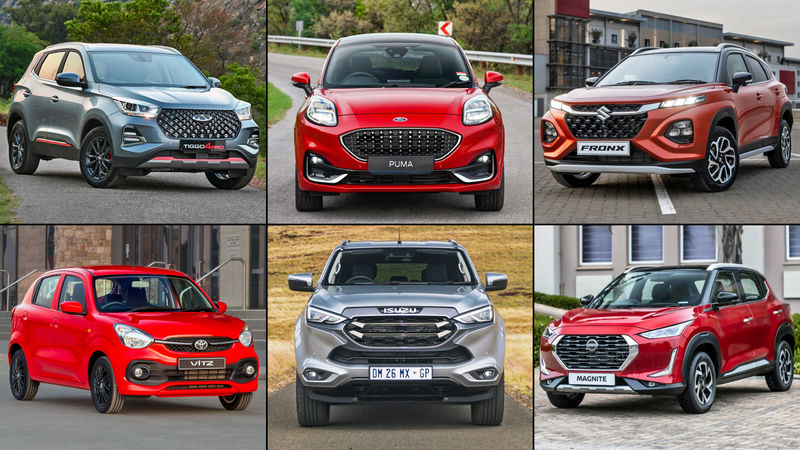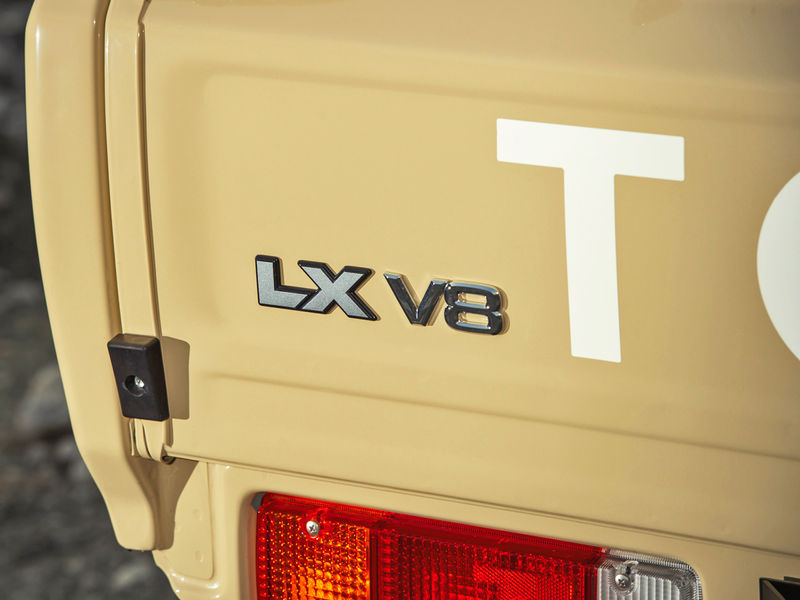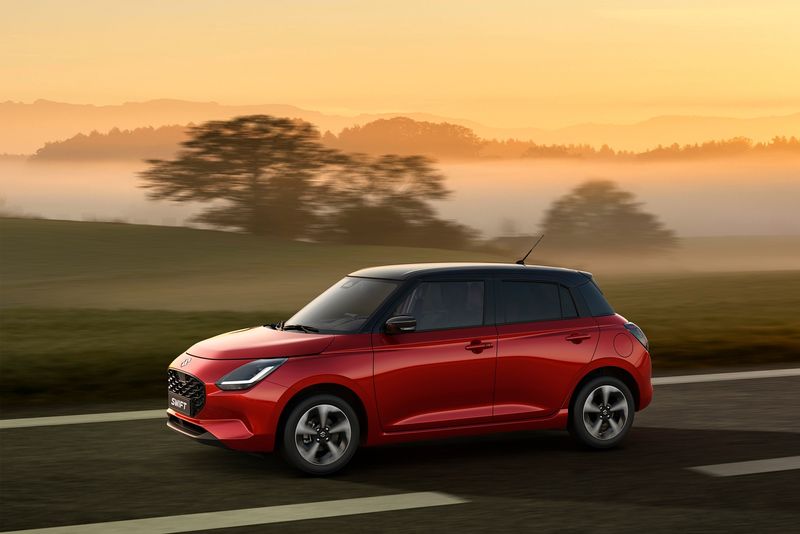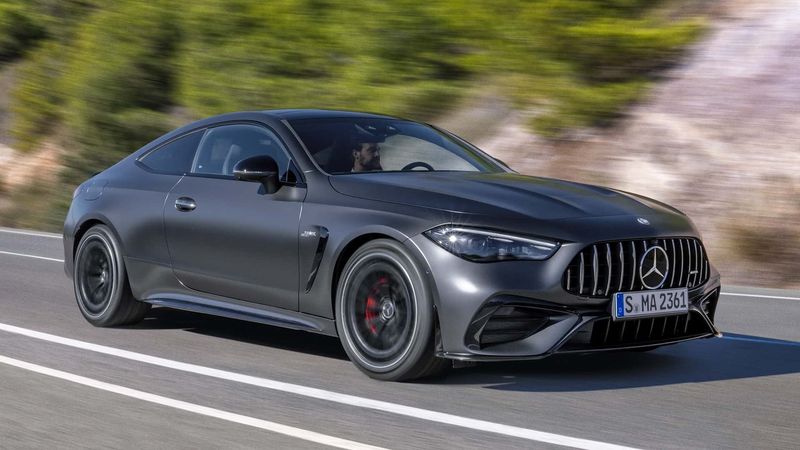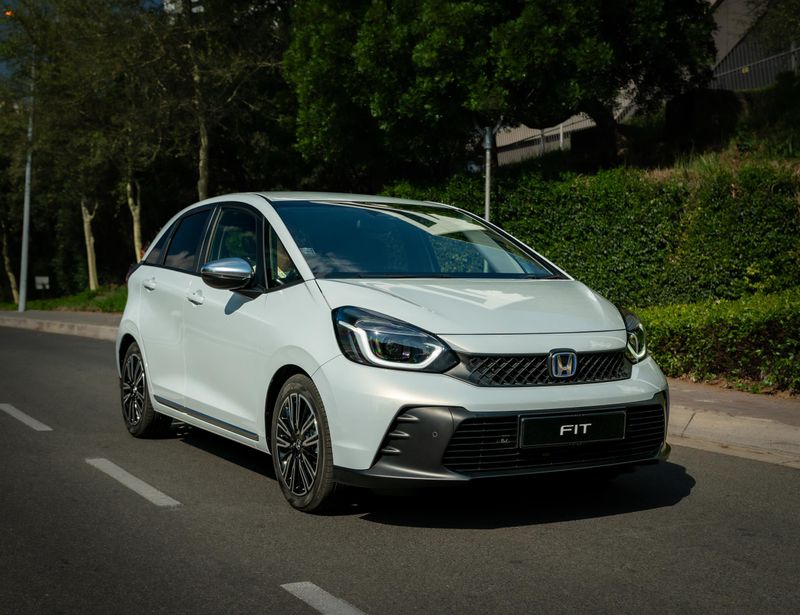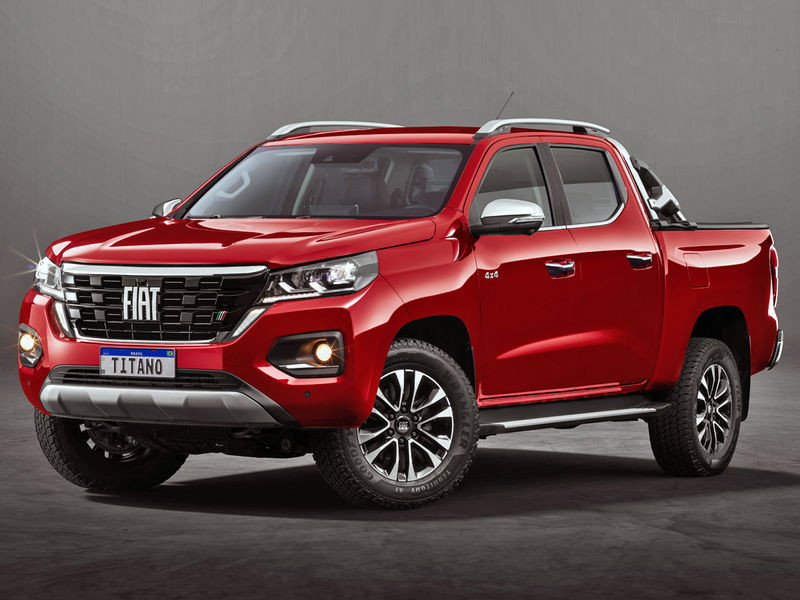The official number was 1 001 km on a single charge, but the hypermiling record was admittedly set in ideal conditions (at Dekra’s testing grounds in Germany,not on public roads). The reason for that was that the record was actually set without a live driver behind the wheel. A dummy was placed behind the wheel and then Autopilot mode selected –a fully autonomous driving mode that Tesla offers. The testing grounds also have clearly marked road lines, making it easy for the autopilot system to maintain course.
While hypermiling isn’t a real-world assessment of range, it does show what is capable from contemporarybattery and electric motor technology. Range anxiety is a common problem with electric vehicles, but with an optimal range of 1 000 km, it could go some way towards alleviating anxiety.
The Model 3 clocked up 1 001 km at an average speed of 36 kph and took around 28 hours to exhaustits battery. The test results returned 7 kWh/100 km or R11.48 per 100 km (atR1.64per kWh). In order to achieve that in a petrol powered car you would need to average 0.72 L/100 km.
The same team also set a new record for the bigger battery-powered Model S of 1 128 km.
Check out the video of the 2 record attempts:
Super Fast Tesla Roadster Revealed
Tesla Finally Launches Model 3
Is Tesla better than BMW?
Tesla Model 3 (2019) Pre-Launch Review
